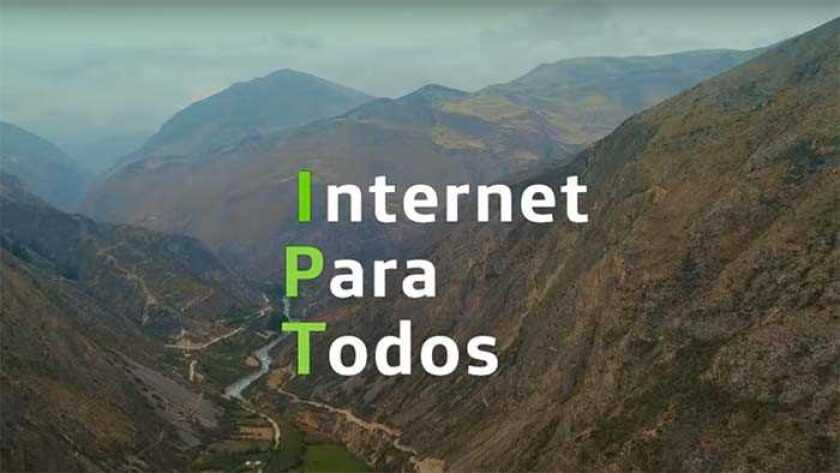Internet para Todos Perú (Internet for All Peru, IpT Perú), a joint project involving Telefónica, Facebook and two development banks, said today that it is using programmable virtualised open radio access network (RAN) technology.
IpT Perú is using OpenRAN, a version of open RAN technology that is backed by Facebook’s Telecom Infra Project (TIP), with the base stations coming from US company Parallel Wireless.
Renan Ruiz, chief technology officer of IpT Perú, said: “We have selected Parallel Wireless OpenRAN to help us reduce our network deployment costs through disaggregation of hardware and software, RAN and core virtualisation and network automation.”
Though this project is limited to 4G services in Peru, Ruiz hinted at “deployments across Latin America” and “5G readiness”.
IpT Perú, launched in May 2019, aims to provide internet connectivity to users in remote regions of Peru, where high investment and operational of low-density deployments have deterred mobile operators from bringing coverage.
The Peru network uses a software technique called CI/CD, for “continuous integration, continuous deployment”, and Telefónica has adopted this for its remote Latin America deployments.
Ruiz commented: “We are able to automate network deployments, [making] it an easy, push-button operation to deliver in our network the newest features and the newest functions. That allows us to give our customers new capabilities at the speed of software.”
Steve Papa, founder and CEO of Parallel Wireless, explained: “The end goal is to help global mobile network operators (MNOs) build and release software at high velocity. without making extensive capital investments or incur ongoing maintenance cost associated with legacy network deployments. This will result in MNOs becoming fully virtualised telcos based on CI/CD models to automate deployments, save operational expenditure, and deliver new services faster.”
Dan Rabinovitsj, Facebook’s vice president of connectivity, said last week: “Delivering scalable, efficient and high-quality connectivity to rural communities is key to closing the digital divide.” He said IpT Perú is “a new way of expanding rural access to mobile broadband, paving the way for the new approaches that the industry needs in order to ensure everyone has access to the benefits of the internet”.
Facebook said that, if IpT in Peru is a success, it will pave the way for the company to replicate this type of business model in other countries in Latin America and the Caribbean.










